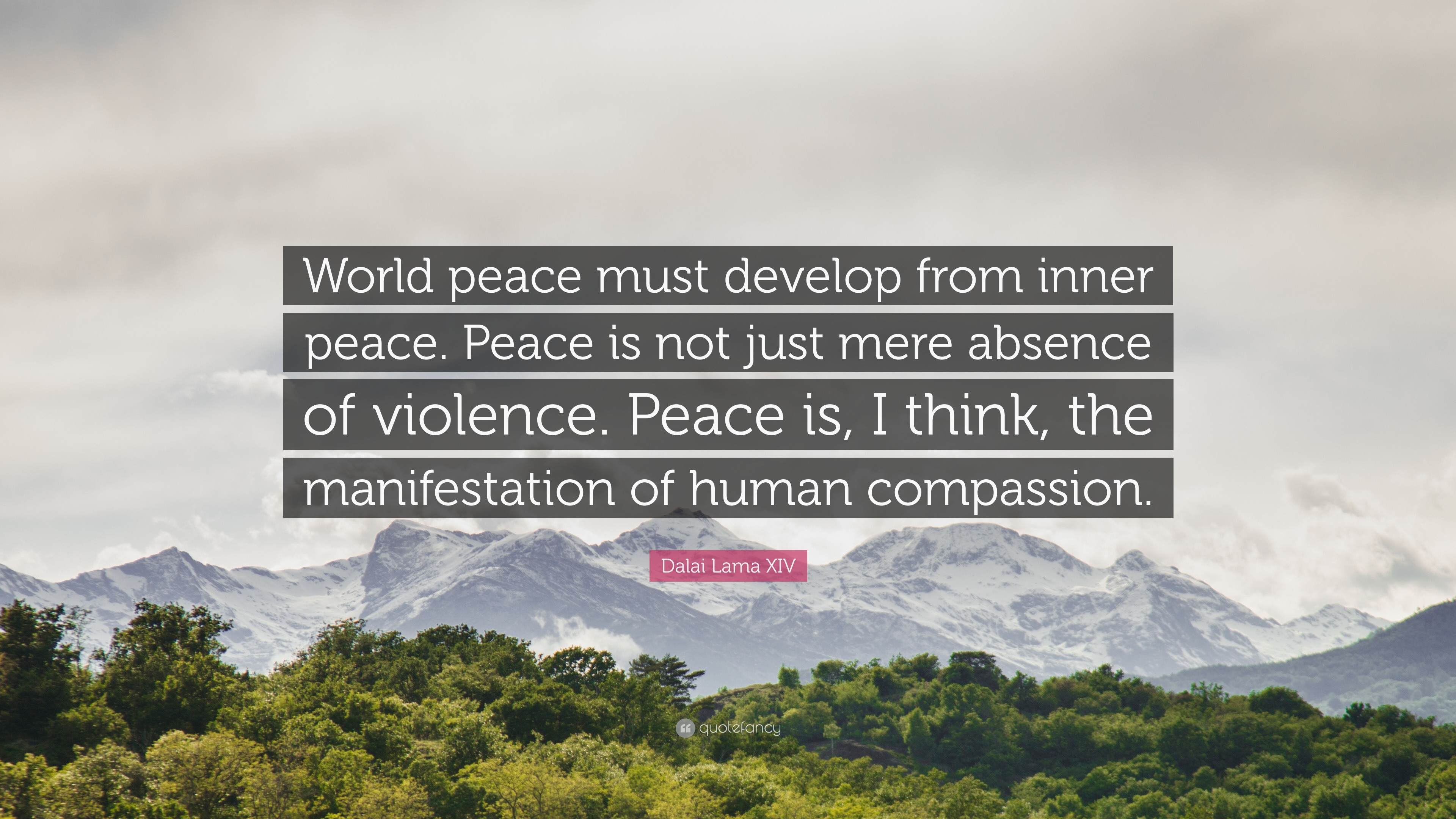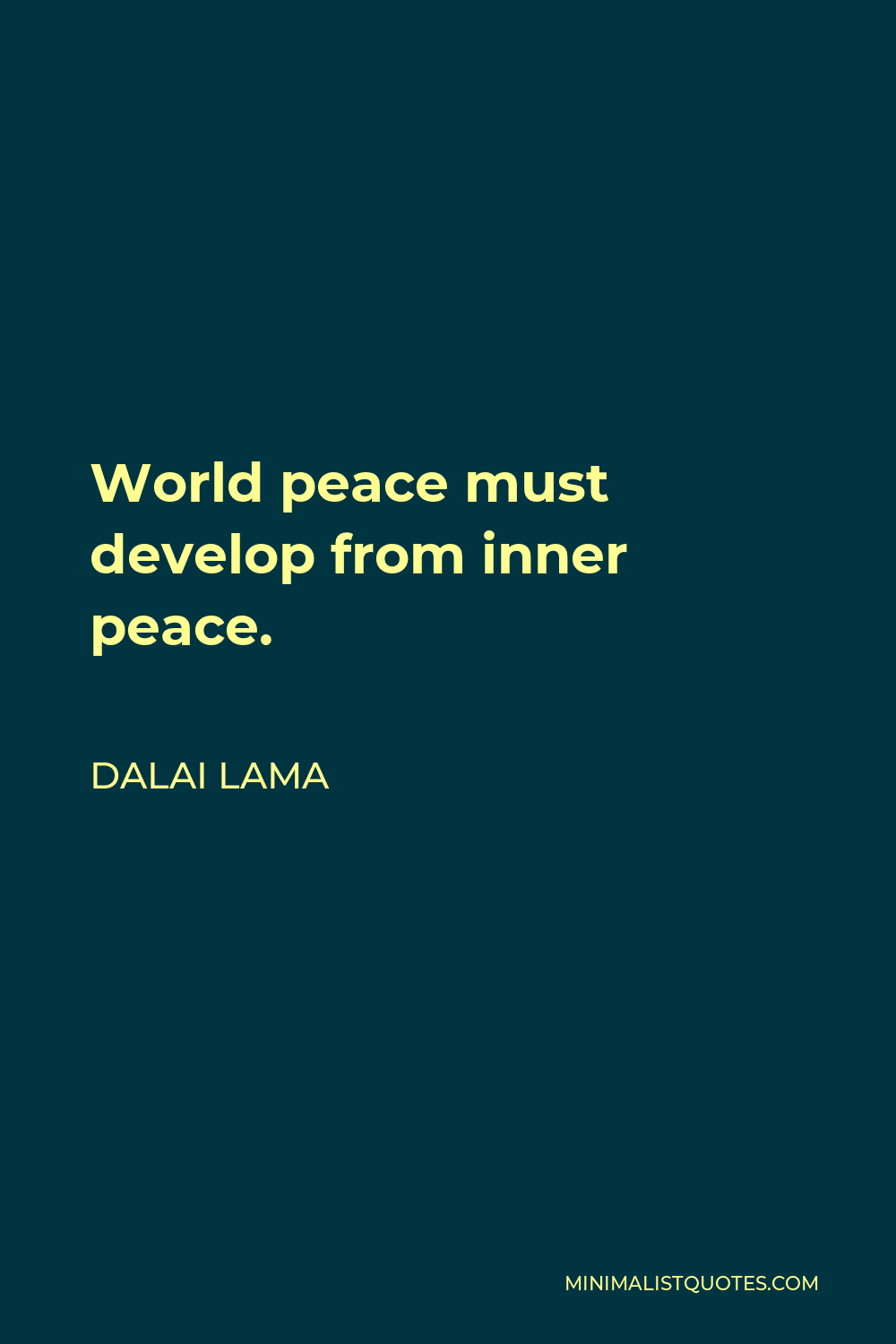

He won the Nobel Peace Prize in 1989 and was heralded in Martin Scorcese’s 1997 biopic.

What’s more, the lowly farmer’s son named as a “God-King” in his childhood has been embraced by the West since his exile. But his prominence extends beyond the borders of his own faith, with many practices endorsed by Buddhists, like mindfulness and meditation, permeating the lives of millions more around the world. In the six decades since, the leader of the world’s most secluded people has become the most recognizable face of a religion practiced by nearly 500 million people worldwide. On March 17, 1959, he was forced to escape to India. That changed with Mao Zedong’s conquest of Tibet, which brought the rule of the current Dalai Lama to an end. But starting in the 17th century, the Dalai Lama also wielded full political authority over the secretive kingdom.

The title originally only signified the preeminent Buddhist monk in Tibet, a remote land about twice the size of Texas that sits veiled behind the Himalayas. The Dalai Lama is considered a living Buddha of compassion, a reincarnation of the bodhisattva Chenrezig, who renounced Nirvana in order to help mankind. “We 7 billion human beings - emotionally, mentally, physically - are the same,” he tells TIME in a 90-minute interview.

Every conversation is peppered with giggles and guffaws. The Dalai Lama engages each visitor like a big kid: slapping bald pates, grabbing onto one devotee’s single braid, waggling another’s nose. Two women lose all control as they approach the Dalai Lama’s throne and are carried away shaking in rapture, clutching prayer beads and muttering incantations. scarf, seeking divine benediction for the U.K. A man from Thailand has brought his Liverpool F.C. There’s a group from Bhutan in traditional checkered dress. Rousing slowly, he unfolds his legs with remarkable agility for a man of 83, finds the red felt slippers placed neatly beneath his seat and heads outside to where a crowd has already gathered.Īround 300 people brave the February chill to offer white khata scarves and receive the Dalai Lama’s blessing. His Holiness the 14th Dalai Lama sits in meditation in his private chapel in Dharamsala, a ramshackle town perched on the upper reaches of North India’s Kangra Valley. Morning has broken on the cedar-strewn foothills of the Himalayas.


 0 kommentar(er)
0 kommentar(er)
